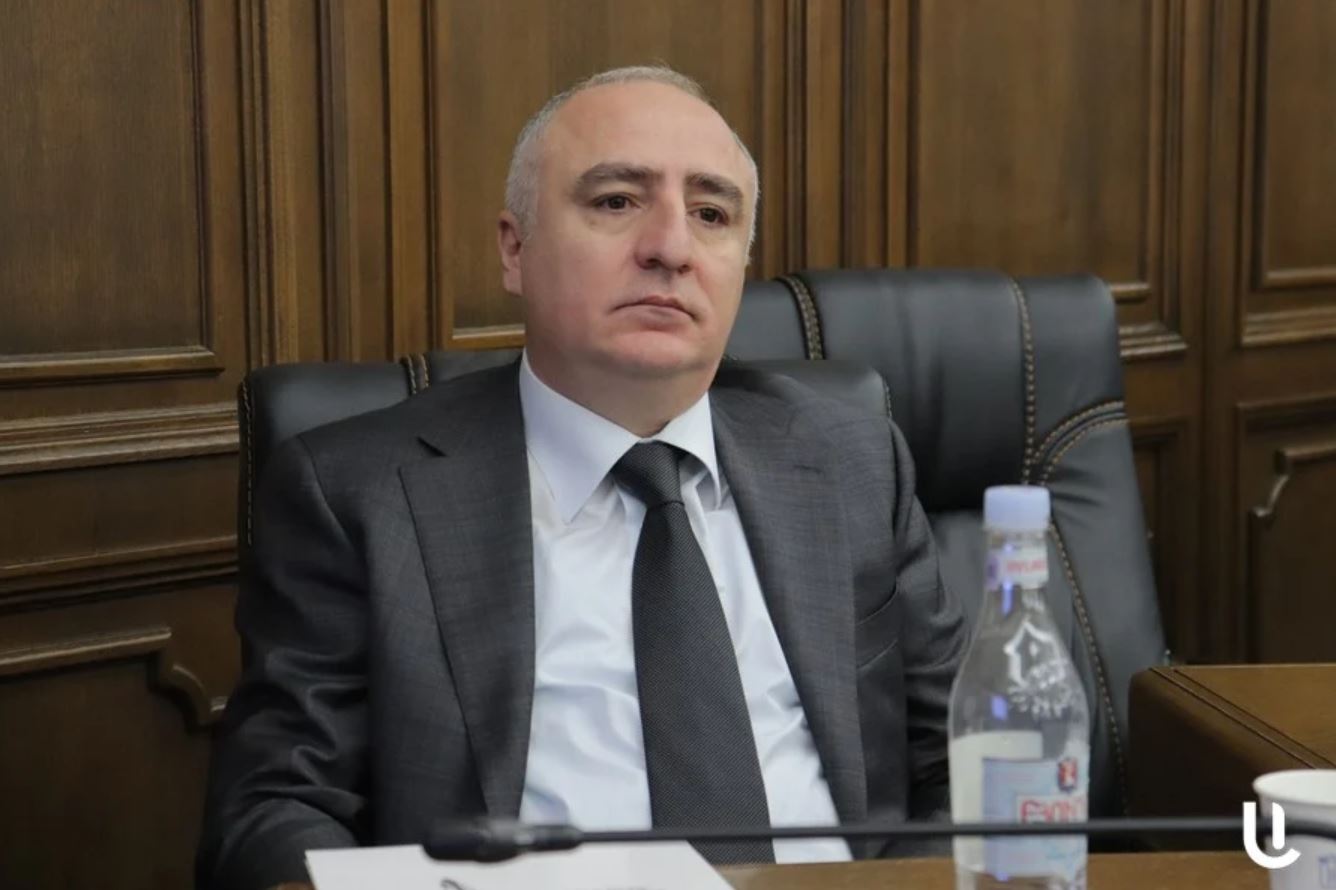“Do you have a verdict?” – This is how the Chairman of the Anti-Corruption Committee, Sasun Khachatryan, responded to the question of one of the journalists yesterday. Indeed, someone can be called a criminal only if there is an appropriate court decision.
Almost any political rhetoric can be reacted to in the same way. For example, when government representatives and propagandists claim that those demonstrating against Pashinyan are Russian agents, they can also be asked if they have a relevant verdict since being an agent of another country is a criminal offense. It’s just like “looting the country,” by the way.
Meanwhile, on the subject of the “agency,” the Deputy of the Russian State Duma, Konstantin Zatulin, recently said, that Moscow “did not send an appropriate signal” to replace Pashinyan. Of course, I am not inclined to believe every word of Zatulin, and the allusion to the “signal” is quite offensive. But I am sure of one thing. Although there is no “chemistry” between Pashinyan and Putin, the Prime Minister of Armenia enjoys the full support of the Kremlin. For now, at least.
In general, our legal system is, if necessary, very “strict” and “law-abiding,” and in other cases, it shows an extremely “liberal” approach. Thus, former Prime Minister Hrant Bagratyan was charged with “calls for violence” because he voiced the phrase “eliminating Pashinyan.” (How to eliminate him – perhaps politically?) But they have neither heard nor know the expressions of Civil Contract members about “cutting tongues.” To spare the aesthetic feelings of the reader, I will not quote other “stupid-nonsensical” sayings of the Prime Minister and his team, regarding which, if desired, criminal cases can also be initiated.
Read also
As Mussolini used to say: “Everything to us, the law to the rest.”
ARAM ABRAHAMYAN


















































